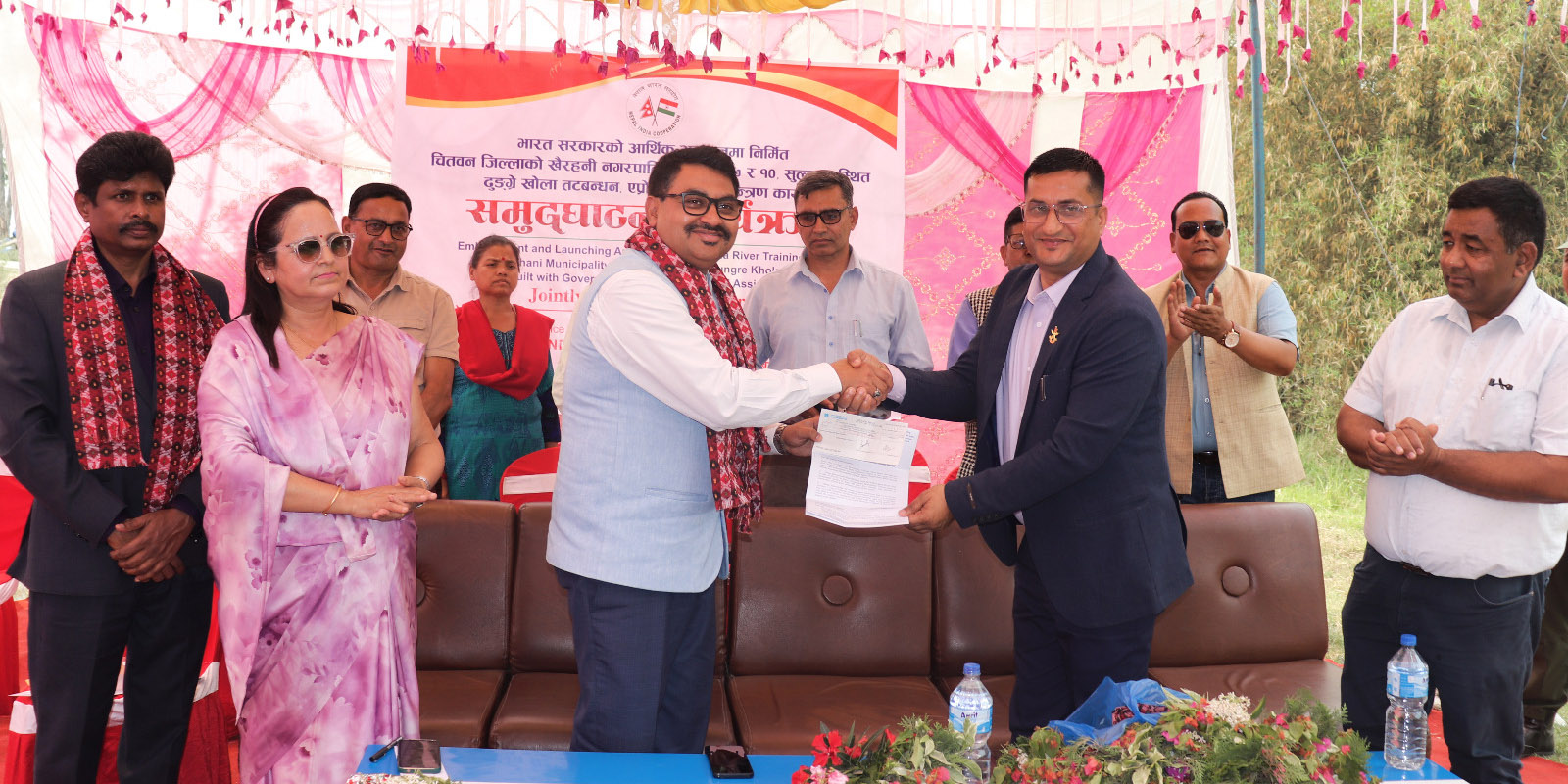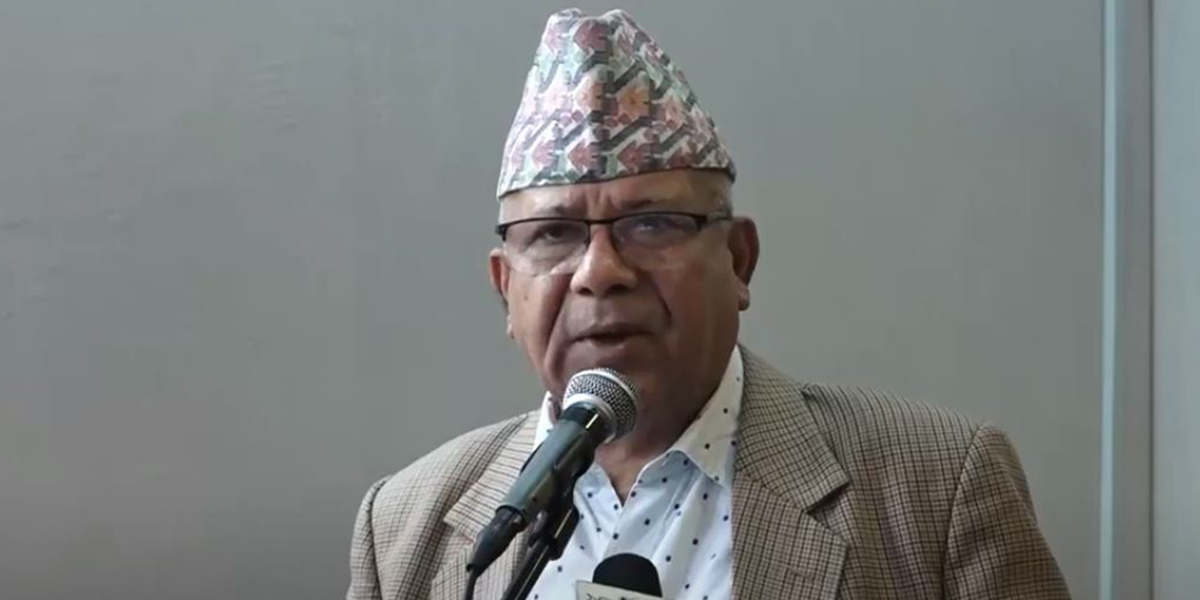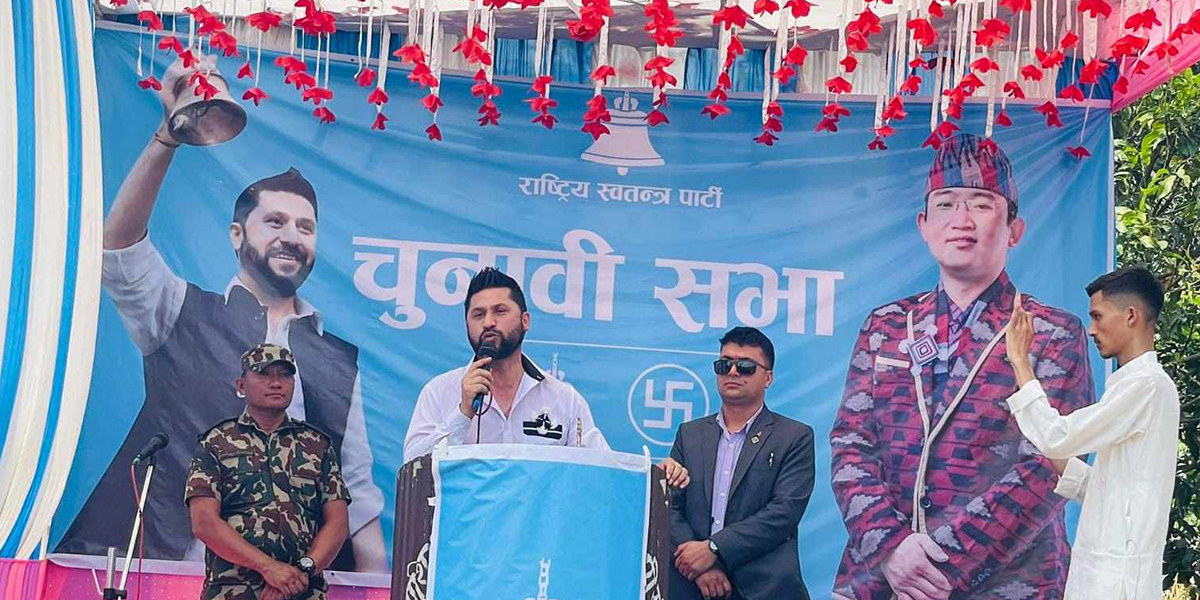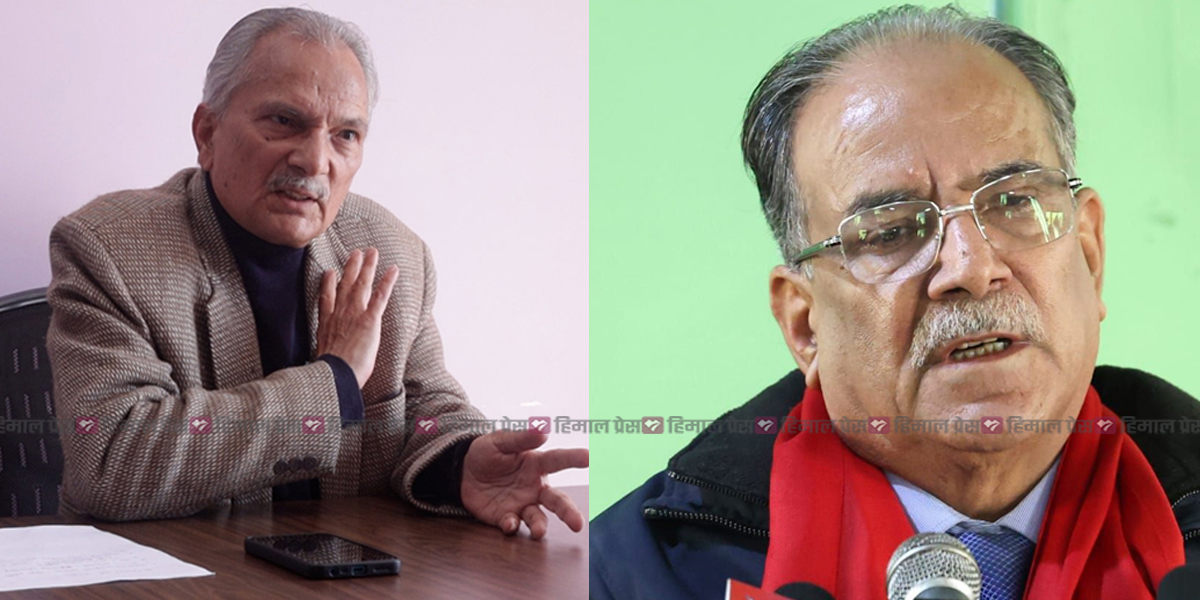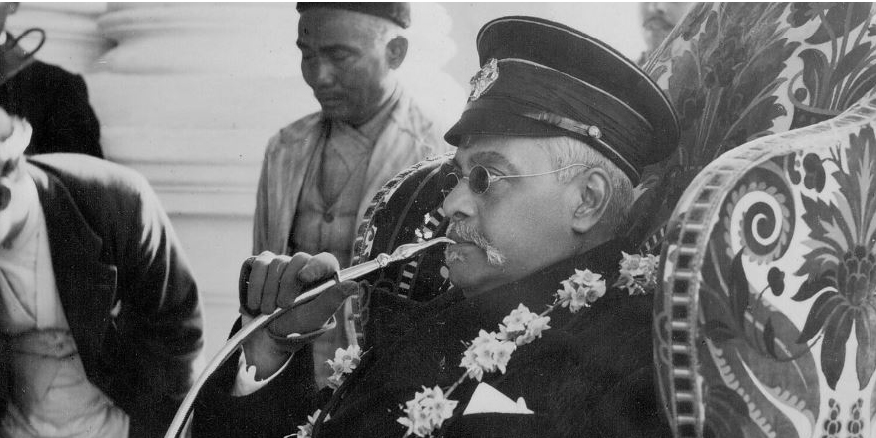 Rana Prime Minister Juddha Shamsher. (Photo Courtesy: British Library)
Rana Prime Minister Juddha Shamsher. (Photo Courtesy: British Library)
KATHMANDU: The year 1941 is considered the beginning point of the political movement in Nepal.
It was in 1937 that newly-formed Nepal Praja Parishad first distributed leaflets against the Rana rulers in Kathmandu Valley. The protest gradually ensued and more than 500 had been arrested by November, 1940. In the same accusation, four leaders of the social and political movement were sentenced to death by the Rana rulers. They included Dasharath Chand, Dharmabhakta Mathema, Shukraraj Shastri and Gangalal Shrestha.
It was the first time in the 94-year history of the Rana regime that someone had opposed Rana rulers. The foundations of the regime were shaken with the distribution of leaflets. The outpouring of anger clearly meant that the dissatisfaction against the Rana rulers could be more deep running. But the Rana ruler, immersed in the power of power, did not realize the seriousness of the political issue and did not move towards its solution.
Instead, the Rana regime felt the rising protest could be quelled by handing tough punishment to some arrested during the Nepal Praja Parishad’s protest. The Rana government along with the then Prime Minister Juddha Shamsher was active to hand stern punishment to the arrested so that movement against them does not happen.
British officials in Kathmandu were closely monitoring the public resistance to the Rana government. At the same time, a meeting was held between Prime Minister Juddha Shamsher and the British minister on November 4, 1940. The minister in charge at the British Legation in Kathmandu was Lt Col Sir Geoffrey Betham.
In a report sent by Betham to the British government, he has mentioned the meeting with Prime Minister Juddha Shamsher on that day. The report can be seen in the documents preserved in the National Archives of India.
In the meeting, Prime Minister Juddha Shamsher gave a clear indication to the British minister that those arrested would be given the death penalty.
Betham requested the Prime Minister not to hand harsh punishment and cautioned that no one should be sentenced to death unless a serious crime like murder is committed. Stating that news of the abolishment of the death penalty in Nepal some years ago had disseminated a positive message about Nepal, the British official suggested that no punishment should be given that can affect Nepal’s goodwill.
It is mentioned in the report that Betham also requested Juddha Shumsher not to subject the arrested Brahmins to inhumane treatment.
British officials also wanted the Rana rulers to learn from the Hindu society of India about the punishment of so-called high-caste Hindus. But Prime Minister Juddha Shamsher did not show signs that the British minister’s suggestions will be considered.
Betham also spoke to Prime Minister’s Principal Secretary General (Hajuriya General) Krishna Shamsher, making him aware of the consequences of the death penalty in the domestic and international arena. This is because Krishna Shamsher, the son of his brother Chandra, was the most trusted official of Juddha Shamsher. The second was Chandra’s other son Shingha. These two brothers, who had married sisters of King Tribhuvan, were considered cultured and noble.
Krishna Shamsher, who had served as Nepal’s minister to the United Kingdom and studied the international context, was also considered liberal. But it didn’t have any meaning in the tyrannical Rana rule.
Juddha’s son Bahadur Shamsher initially served as his principal secretary but was later sent to the Nepali Embassy in London, while Shingha Shamsher took his place as principal secretary. Later, Bahadur Shamsher was sent to India and Simha was sent to London, with Krishna Shamsher appointed as the new principal secretary.
When Juddha Shamsher imposed the death penalty on January 28, 1941, Betham was not in Kathmandu. He received the message from Krishna Shamsher via phone when he was at Motihari Camp in Bihar, India.
After the arrest of protesters in 1940, Bahadur Shamsher returned from India transferring responsibility to Daman Shamsher. He argued that unless the death penalty was imposed on those who distributed leaflets against the Rana regime, such actions might escalate in the future.
Betham knew that Juddha Shamsher would impose the death penalty despite his recommendations. He realized that even if the Nepalese government executed the arrested revolutionaries, the anger towards the Rana regime would not subside. Betham understood that the Nepali people made their dissatisfaction public by distributing leaflets against the Rana rulers. He accordingly reported to his seniors that the coming days won’t be favorable for the Rana rulers.
When Juddha Shamsher imposed the death penalty on January 28, 1941, Betham was not in Kathmandu. He received the message from Krishna Shamsher via phone when he was at Motihari Camp in Bihar, India. Rana rulers had already executed Shukraraj Shastri and Dharmabhakta Mathema by that time. Death penalty of the other two was yet to be executed. Ramhari Sharma and Tanka Prasad Acharya, who were Brahmins, received life imprisonment and were subject to inhuman treatment, 11 others were sentenced to life. Purnaman, initially given the death penalty, had his sentence reduced to life imprisonment. Twenty more were jailed for 3 to 18 years, four were banished from Kathmandu, and several others received short-term imprisonment and nominal fines.
A day after Krishna Shamsher informed Betham, Prime Minister Juddha Shamsher also spoke with the British minister. In their conversation, Juddha acknowledged that the death penalty imposed on four protesters was severe, but argued that protests against the Rana regime might escalate if they were not handled properly.





